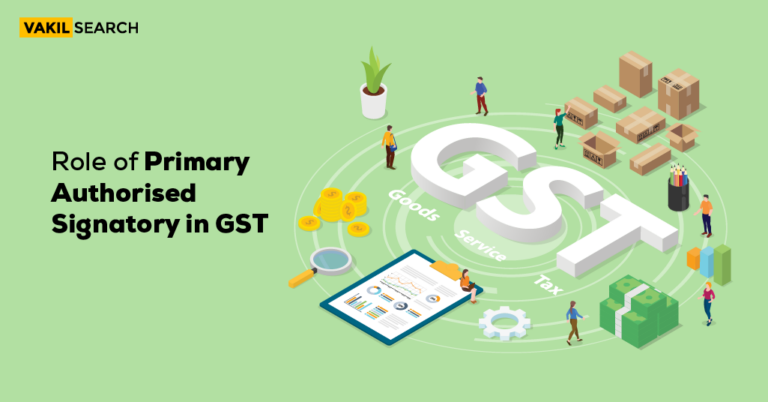GST Registration entails submitting an application on the GST Portal for a unique GST Number or GSTIN, also known as a GST Identification Number.
GST incorporates various indirect tax compliances such as excise, service tax, CST, VAT, and others, making tax payment easier and faster. GSTIN is required by the taxpayer in order to collect and pay GST on outward supplies (sales) and claim GST Input tax credit on inward supplies (purchases). GST also lowers the cost of tax compliance for small businesses. In reality, now that the GST system has been implemented, start-ups and small businesses have more time to improve their operations and explore new opportunities. Additionally, the installation of GST has permitted the establishment of centralized registration, which has simplified the process of starting a new firm while also reducing the high administrative expenses formerly incurred due to several state tax incidences. Furthermore, as a consequence, the demand for Business loans has increased dramatically, which has drastically benefited the country’s economy. Know how many types of GST registration and process.
Various Types of GST Registration
GST registration can take many forms under the GST Act. Before deciding on the best kind of GST Registration, you should be aware of the many options available. The following are the many types of GST registration:
Normal Taxable Person
This is the case for the vast majority of Indian enterprises. To become a regular taxpayer, you do not need to make a deposit. These types of taxpayers likewise do not need to renew their enrollment as their GSTIN does not have an expiration date.
Composition Taxpayer
The composition scheme is available to all businesses with annual revenue of up to ₹ 1.5 crores. To determine turnover for the composition scheme, the total turnover of all enterprises with the same PAN must be summed together. However, do note that such taxpayers cannot claim the input tax credit.
Non-Resident Taxable Person | Types of GST
A non-resident taxable person comes to India occasionally and conducts business in India. A non-taxable person may not have a fixed place of business in India.
In other words, as per GST Law of India, a taxable person residing outside India and coming to India to occasionally undertake transactions in the country but has no fixed place of business in India is a non-resident taxable person in terms of Section 2 (69) of the GST Law.
You can use our GST calculator to know how much GST you owe before you register.Casual Taxable Person
Normally, most people who start a business have a permanent office or other places of operation. A casual taxable person is one who does not have a permanent office, factory, or another place of business. Even if such businessmen do business in an irregular manner, they must pay GST: https://www.gst.gov.in/.
A casual taxable person, at the time of submitting an application for registration under sub-section (1) of section 19, makes an advance deposit of tax in an amount equal to the estimated tax liability of such person for the period for which the registration is sought, while a normal taxable person does not have to make any deposit of money to obtain registration.










